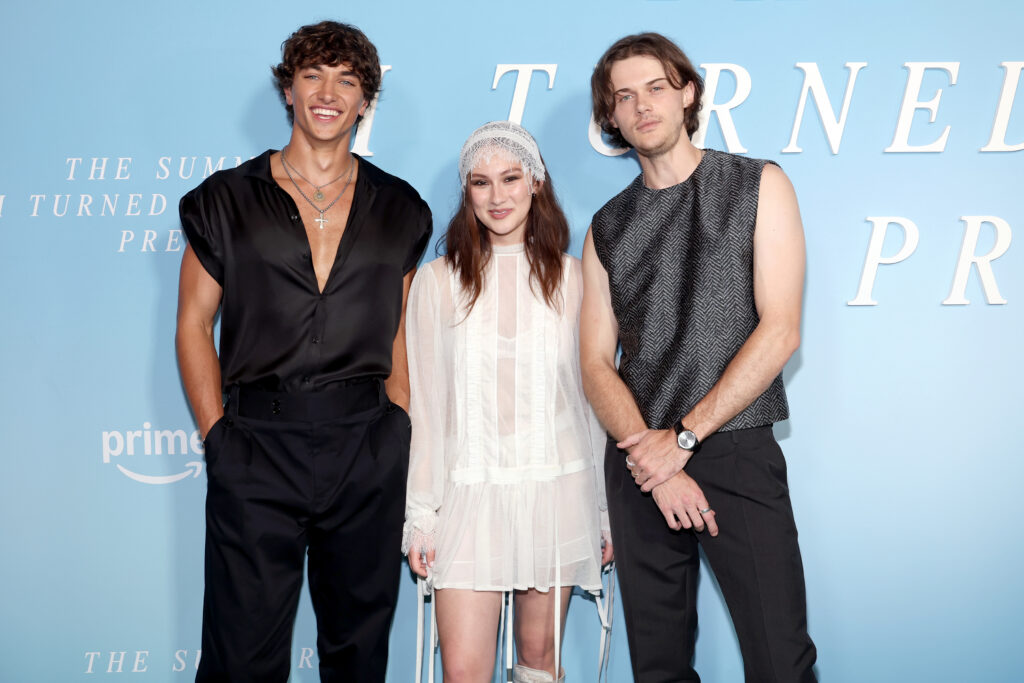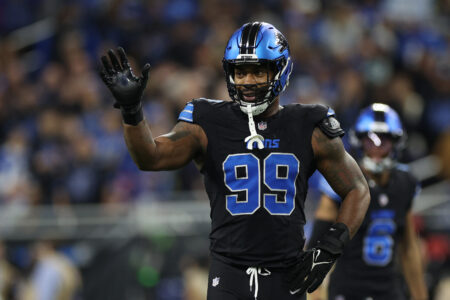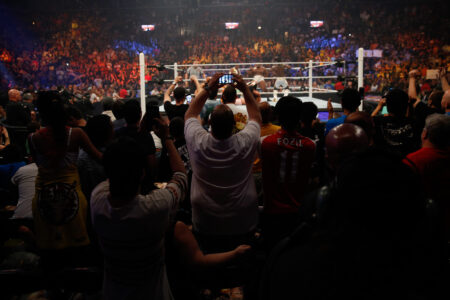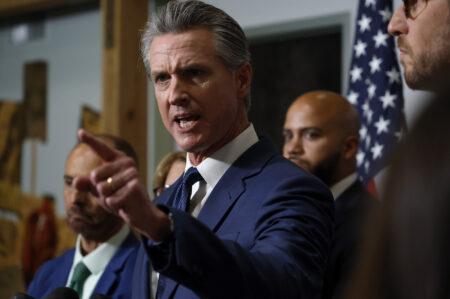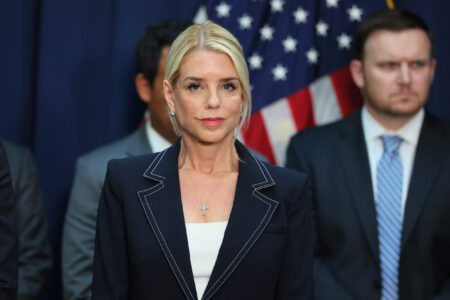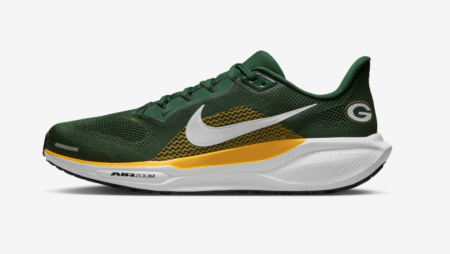Are you Team Conrad or Team Jeremiah? Team Edward or Team Jacob? Or even Team Mr. Darcy or Team Mr. Wickham? For centuries, love triangles, romantic feuds and unrequited affections have captivated fans of all things whimsy, but are Gen Z the most enthralled generation yet?
Driven by the success of The Summer I Turned Pretty, the Amazon Prime series based on Jenny Han’s novels, Gen Z viewers are diving deep into the fictional entanglement of young Belly Conklin and the two Fisher brothers, Conrad and Jeremiah.
As the show continues its ascent—racking up more than 25 million worldwide viewers in just 7 days and consistently landing in Amazon’s top ten—it has been fueling passionate online debates and resurrecting fan wars over past TV and film love triangles. Things got so heated among The Summer I Turned Pretty fans, that Amazon Prime Video issued a statement to viewers, urging them to stop sending cruel messages the cast online.
The targeting of the cast aside, why is the show’s love triangle narrative resonating so intensely, particularly with younger millennials and Gen Z?
The emotional stakes and visual appeal of The Summer I Turned Pretty—paired with a soundtrack brimming with Taylor Swift hits and a cast of likeable leads—are just the beginning.
Experts say that for Gen Z, the act of choosing “teams” in a love triangle taps into something much deeper.
Ashley Pena, national executive director at mental healthcare provider Mission Connection Healthcare and a self-described fan of The Summer I Turned Pretty, believes the love triangle between Belly, Conrad, and Jeremiah resonates because it dramatizes a feeling we have all had at some point—being torn between two choices.
“Usually the characters represent different paths: comfort or change, passion or stability,” Pena, 36, told Newsweek. “Watching Belly flip between Conrad and Jeremiah brings that tug-of-war to life.
“It feels messy in a way that is familiar, which makes it fun to watch even if our own lives are not quite as dramatic,” she added.
Platforms like TikTok and Instagram have turned these dramas into interactive experiences. Reels and carousels that chronicle heated debates over who Belly should end up with have flooded social media sites, transforming passive viewership into public allegiance.
“With The Summer I Turned Pretty, it is the same thing—you are not just a viewer, you are part of the debate,” Pena said. “It makes the whole story feel bigger and more interactive.”
Born Into the Triangle: Gen Z and “Team” Culture
Although the show has become an unexpected hit, this is not Gen Z’s first love triangle.
Experts have likened the impassioned stances over the Fisher brothers to a cultural inheritance. From childhood, many of those born between 1997 and 2012 watched Bella Swan feel torn between vampire and werewolf in Twilight, Rory Gilmore vacillating between Jess and Logan, or even the tabloid-driven, manufactured drama between actresses Jennifer Aniston and Angelina Jolie.
Even recent pop music rivalries, like the Olivia Rodrigo–Sabrina Carpenter saga during Rodrigo’s Drivers License era, echoed similar dynamics.
“Gen Z grew up in a world where picking sides is almost built into culture,” Pena said. “Oftentimes, we are not just watching, we are choosing and then defending that choice with friends online.”
Psychologist Dr. Tracy King sees this behavior as more than nostalgia.
“Gen Z have grown up in a culture of hashtags and public allegiance,” she told Newsweek. “From a psychological perspective, this reflects Erik Erikson’s theory of identity formation, where adolescents and young adults explore who they are by aligning with groups and declaring values.
“To say you are Team Conrad or Team Jeremiah is not just about entertainment, it is about belonging, signaling who you are, and finding a community of others who share that view.”
What Your Team Says About You
The decision to back one side of a fictional love triangle is rarely random. Indeed, it often mirrors personal values or attachment styles.
“If you are Team Conrad, you might like the idea of deep, complicated love that takes work,” Pena said. “If you are Team Jeremiah, you might be someone who values warmth and loyalty.
“Neither is better, it is just what feels right for you and what you relate to more.”
King added: “Choosing a side in a love triangle often reveals your relational style. In Gilmore Girls, rooting for Jess may reflect a desire for intensity, transformation, and being truly understood, while siding with Dean may suggest a preference for loyalty, steadiness, and emotional safety.”
“To say you are Team Conrad or Team Jeremiah is not just about entertainment, it is about belonging.”
Dr. Tracy King
She says that these preferences are deeply tied to how people relate to love and security.
“Some people are drawn to the secure and predictable, while others are pulled toward risk and intensity,” she continued. “The characters act as a canvas for our own longings, fears, and the kind of love we believe we deserve.”
A Case for Scripted Safety
Psychotherapist Quinn Harper-Thorpe, who supports adults through identity and intimacy challenges, views the explosion of “team” discourse as a Gen Z coping strategy in uncertain times.
“Post-pandemic uncertainty makes scripted longing soothing—triangles offer controlled jeopardy with guaranteed meaning,” Harper-Thorpe told Newsweek. “A love triangle is a safe rehearsal for risky choices; you get the adrenaline without the fallout.”
She went on to say that picking a team is just identity work in disguise.
“We are signaling who we are, and who we want to be seen as,” she said.
Emma Thompson, a hypnotherapist and subconscious mind specialist, pointed to the neurological effects of love triangle storylines.
“Love triangles keep the brain’s reward system hooked—the tension of ‘who will they choose?’ continually fires dopamine,” Thompson told Newsweek.
She agrees that Gen Z have been uniquely conditioned to latch onto these narratives.
“Unlike millennials, who were teenagers at the time of Twilight and One Tree Hill, Gen Z have grown up immersed in social media ‘teams’ culture,” she said. “From childhood, they have been primed to view relationships as sides to pick, tribes to join and identities to defend.”
Former entertainment journalist Shari Weiss is not so sure.
The pop culture enthusiast validated the emotional pull of not just love triangles, but of tuning into a show on a weekly basis to see who one’s favorite character ends up with romantically—but argued that this is not a quirk unique to Gen Z.
“Gen Z is no more obsessed with love triangles than prior generations,” Weiss told Newsweek. “While the internet may be blowing up right now over Jeremiah versus Conrad, it would have been the same thing in the summer of 1992 over Brenda vs. Kelly from 90210 had social media existed at the time.
“That love triangle, largely considered the first for the teen drama genre, remains so relevant that fans in their 40s, 50s and older are still debating it today.”
Senior mental health therapist Shelly Dar agrees that the prevalence of fictional love triangles among Gen Z can be down to the advent of social media and the stan culture that came with it.
But Dar believes the particular pull of the romantic triangle at the core of The Summer I Turned Pretty lies in its depiction of love as both safety and chaos.
“With the show, the pull is obvious—you have got Conrad vs Jeremiah, two brothers who represent very different kinds of love, and Belly caught in the middle,” Dar told Newsweek. “That tension between safety and intensity is something audiences never seem to get tired of.”
And Gen Z, she says, takes that pull to a new level: “They have grown up in a world of teams, choosing sides has become part of how we consume stories, and social media supercharges that.”
Read the full article here







